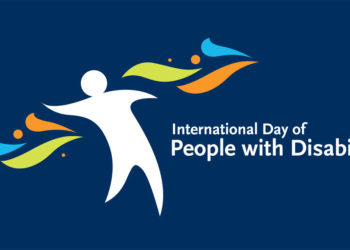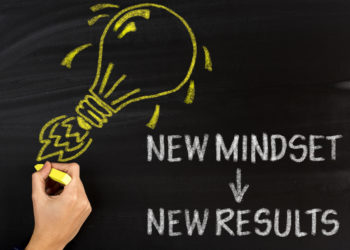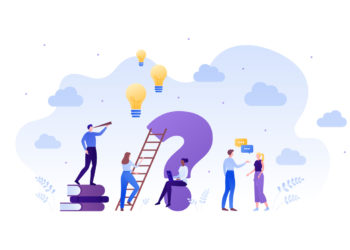In the video below, Katy Alexander, Digital Science, and Ruth Wells, Inventing Change, talk about their experience of neurodiversity as part of the Publishing Inclusion Enabled group mission. The discussion covers their experience of working under the COVID lockdown and what they would like their managers, colleagues and organizations to understand. Their overriding and simple message is ‘Just ask’ which we hope helps improve diversity and inclusion of individuals with neurodiverse conditions.
Thank you for watching! For further information about neurodiversity and the challenges of different conditions, please see their blog article.
Discussion
9 Thoughts on "Guest Post — A Conversation about the Reality of Neurodiversity"
Thank you so much Katy and Ruth for sharing this conversation. I found it both thought-provoking and helpful in so many ways (I will definitely be making more of an effort to always send out meeting agendas in plenty of time!) and will be sharing it widely – including outside of our own schol comms bubble!
Hi Katy, Ruth – I can only imagine how much courage it took to share a video like this but your honesty was much appreciated. It gives me hope that we are reaching that point finally that it is actually ok to be your true self at work. I hope every manager/colleague takes on board your simple message of “Just Ask”.
Really thought-provoking – thank you Ruth and Katy. Despite the fact disability has been around for as long as the human race, I still think we are in the early stages of being able to talk about it with one another in an honest and inclusive way. We need to change the focus from what people can’t do, to what they can do, and I particularly liked Katy’s comments about how having dyslexia has enabled her to ‘think differently’ and ‘gives her an edge’. Employing and including people with disabilities isn’t ‘the right thing to do’ for organizations; it’s the smart thing to do if you’re serious about wanting an innovative workforce.
Katy, Interesting to hear that you are considering investigating some of the available technologies. I wonder whether you have found Google voice typing to be helpful.
I enjoyed this conversation and was particularly struck by something I have heard from special education conversations in schools–namely that accommodations for those with diverse abilities and skills also help everyone else in the classroom or the meeting or the organization.
GREAT post. Thanks for opening up this topic, Ruth and Katy. You are important role models and I hope that those coming up behind you will find the courage not to hide that which makes them them, for all the years that you felt you had to.
I agree!
Thank you so much, Katy and Ruth, for your openness and bravery in talking about these issues. I have some experience of this within my family but this has really made me think about what it’s like for our neurodiverse coworkers, especially now. Already shared with PLOS team!
Thanks Katy and Ruth, you are both amazing and brave role models, just what our industry needs right now to advance discussions and make a difference. I look forward to the opportunity to support you both on the journey. I really do believe and have experienced first hand, as you noted Katy, dyslexia can be looked at as a gift, and a skillset the world needs, just look at many of the famous dyslexics from Einstein to Branson who have changed how we think and what we do. Ohh and I couldn’t live without Grammarly now!



